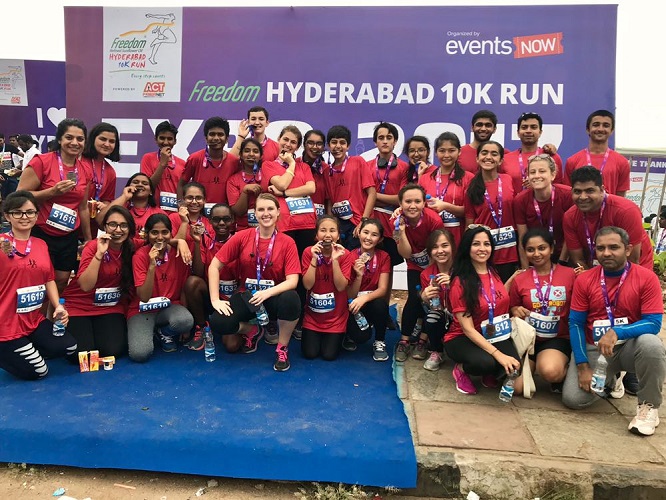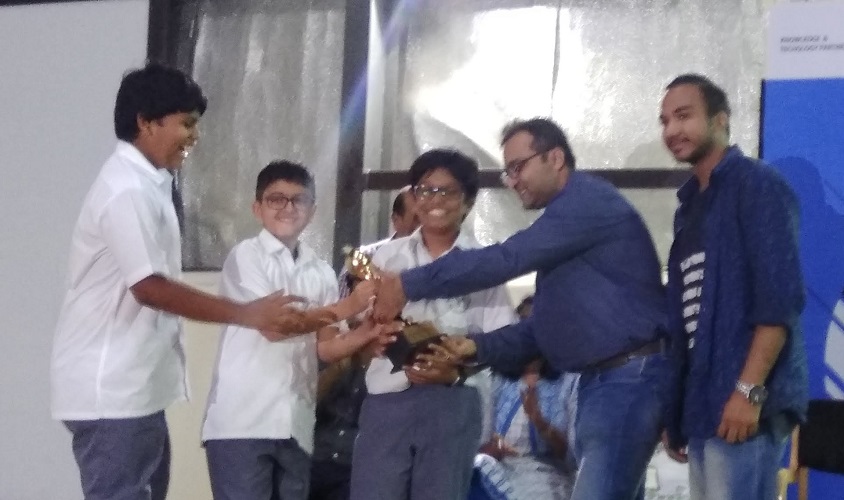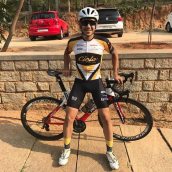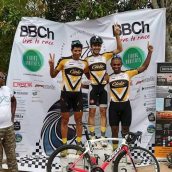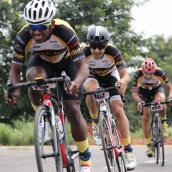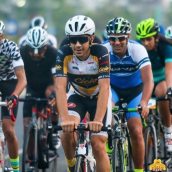Aga Khan Academy in Hyderabad, India to be Inaugurated
Press Release: Inauguration of the Aga Khan Academy, Hyderabad
Aman Punjani – alumnus turned state cycling champion
Aman’s riding career began when he bought a road bike to start competing in triathlons as part of his IB MYP Personal Project, which was to write a book for triathletes. His first competitive race was in January 2014, when he was in grade 10, and later that
year he won the overall championship in the inaugural edition of the Hyderabad Racing League. At the national competitions in the same year, he placed 7th in the road race which fueled his desire to continue riding, racing and perfecting his performance.In 2015, Aman spent a month training in Belgium as part of the Indian Pro Cycling Project’s ‘Class of 2015.’ One year later at the nationals, he placed 5th in the U-23 category. “This is just the beginning of something big,” says Aman. “My goals for the year ahead are to make it to a U-23 development team in the US, and to represent India at the Asian and world championships.”
Aman again headed to Europe (Belgium and Switzerland) for a month in July 2017 where he trained and raced with bikers from all over the world. He is presently studying Psychology at the University of Colorado, Boulder. He has been diagnosed with ADHD and dyslexia, and wants to better understand these conditions and assist those with similar issues. Biking has been, for him, therapy in itself.
When asked which part of the Academy education most impacted him, he says, “The service component. It’s something I carry forward, even though I’m not in school, even though it’s not required. I tend to look out for people who aren’t as lucky or fortunate or talented as I am because I’ve had the right support. I look forward to putting more people in that position.”
The Academy is incredibly proud to have as its alumnus such a dedicated and gifted athlete who leads in his field at the age of 20. We wish him all the best as he sets his sights on the international cycling circuit!
Sarah Keshvani (Class of 2018): using biology to tackle environmental challenges
Sarah’s love for the sciences flourished during the Diploma Programme (DP) at the Academy in Hyderabad. Through her extended essay, she found the opportunity to learn more about how biology can provide solutions to modern challenges faced in local communities. She decided to tackle the issue of water shortages and soil nutrient deficiencies hindering large scale rice cultivation in the state of Telangana, leading to reduced crop yields. Due to zinc deficiencies in the soil, farmers resort to using huge amounts of fertilisers, which further degrade soil quality.
Sarah’s research centred on hydroponics as a possible solution to this problem. Plants are grown in water-based, nutrient solutions instead of soil.
“This technique has recently garnered a lot of attention because experiments have shown that growth is more than doubled when compared to traditional methods of agriculture,” Sarah explained. “Nutrient uptake is more efficient, and farmers can control the type of nutrients the plant is exposed to, in order to enhance different features of the yield. The use of water in hydroponics is still much more efficient than how it is used in open paddy fields that need to be covered in water during certain times of the crop cycle.”
Sarah’s conclusions were positive. Rapid growth was observed and the flexibility to control the nutrient uptake played a huge role in optimal plant health. She realised that a closed system would have provided more accurate results, as the higher evaporation rates disturbed the pH levels. Overall though, she deduced this technique could definitely tackle the challenges faced by paddy farmers.
“The IB curriculum followed at the Academy has played a pivotal role in building many essential skills for university life,” Sarah reflected when asked how she has settled into this new phase. “The emphasis on academic integrity and independence have served me really well here. I was taught to think critically rather than blindly follow textbooks. Its skill-based learning approach, and connecting classroom learning to the real world, also prepared me well for higher education.”
